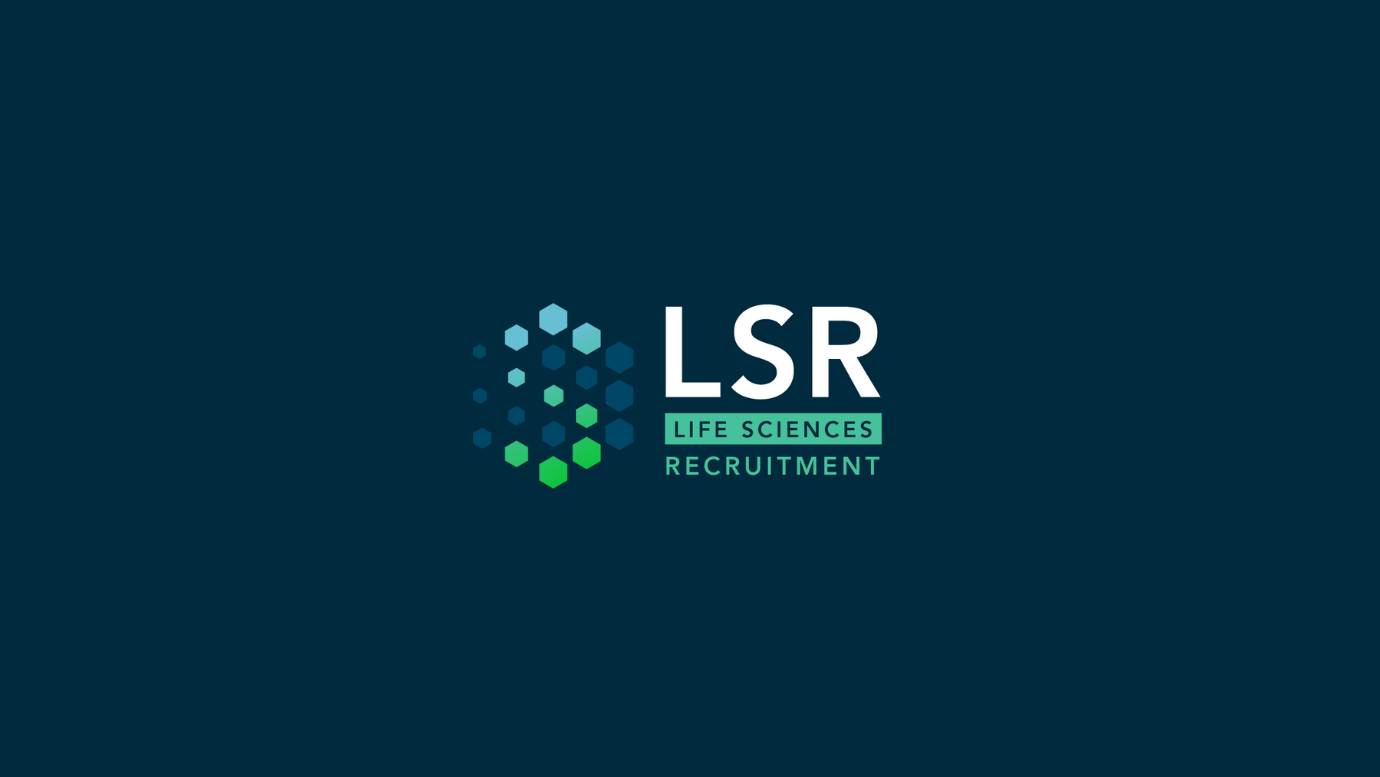Consider this: Are companies that embrace automation and AI in their hiring process a positive force?
From the inaugural use of rudimentary keyword-matching software to today’s sophisticated algorithms capable of predictive analytics, AI in recruitment has seen a quantum leap in its application and effectiveness. Advancements in AI technologies, such as machine learning, natural language processing, and emotional intelligence simulators, have allowed for an AI-driven recruitment process that promises efficiency and precision.
The result in 2024 is a seamlessly automated and data-driven approach that has redefined traditional recruitment methodologies. AI now enables hyper-targeted job advertisements, dynamic content creation tailored to attract ideal candidates and real-time performance analysis to ensure maximum impact. Success stories from companies employing AI-enhanced campaigns are compelling evidence of its effectiveness, marking a new era of precision in talent attraction. AI’s immense power is now leveraged for intelligent candidate sourcing. It comprehensively analyses social media and professional networks to identify emerging talent.
AI has revolutionised the tiresome process of resume screening. Automated parsing frees up significant time, while integration with Applicant Tracking Systems (ATS) ensures a seamless workflow. Despite its efficacy, it’s imperative to monitor the impact of machine learning algorithms on diversity and inclusivity within the shortlisting phase to prevent systemic bias. The candidate assessment phase has never been more data-driven, from AI-powered skill assessments to advanced video interview analysis.
With Natural Language Processing (NLP), even subtle communication nuances can be evaluated, while predictive success modelling supports more informed hiring decisions. However, the effectiveness of these tools requires constant scrutiny to align with fair recruitment standards. AI significantly boosts the candidate experience through personalised interactions, tailored job recommendations, and real-time updates. These advancements contribute significantly to employer branding and candidate engagement, suggesting that AI’s influence on the recruitment journey is profound and overwhelmingly positive.
AI’s predictive analytics also predict employee success and tenure, enabling customised onboarding experiences and ongoing development that align with individual career paths. The resultant data points to AI’s potential to increase retention rates, illustrating the long-term benefits of AI adoption in recruitment processes. With AI’s increased usage in recruitment, ethical implications cannot be ignored. Mitigating biases, ensuring transparency, and maintaining human oversight are paramount to upholding the integrity of AI-driven recruitment processes. Regulatory frameworks will continue to evolve to address these concerns and steer the responsible development and implementation of AI in hiring. Emerging trends in AI technology foreshadow a landscape where AI not only refines recruitment processes but also reimagines them.
Predictions for the next decade suggest an intricate dance between technology and human skill, with the role of human recruiters evolving to harness the full potential of AI tools while adding the irreplaceable human touch to talent acquisition. The transformative role of AI in recruitment cannot be overstated; it has reshaped how talent is sourced, assessed, and retained. Balancing technological sophistication with the human element will be vital in navigating the future of recruitment. Embracing AI with continuous learning and adapting with a conscientious approach will future-proof recruitment practices.







